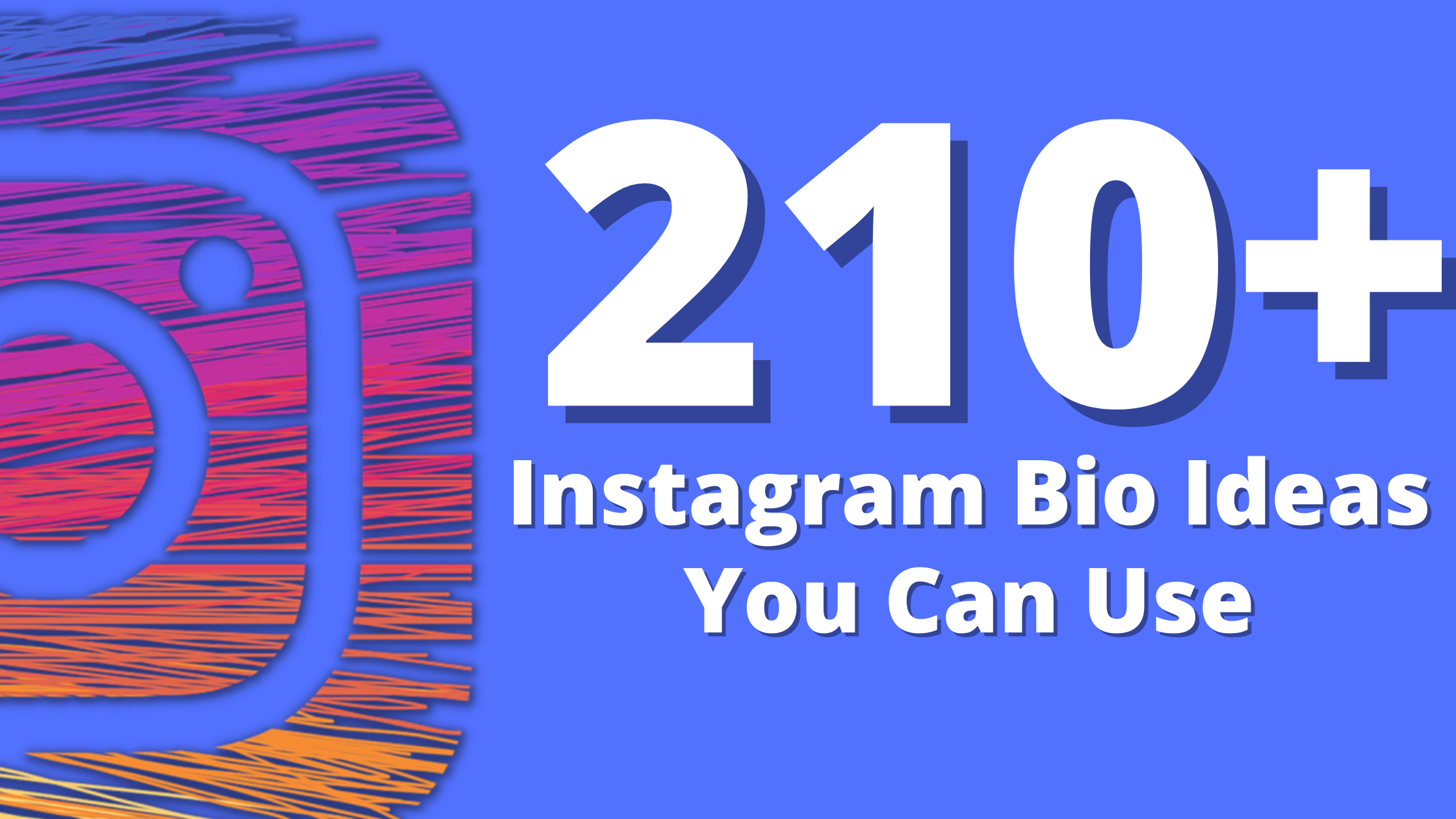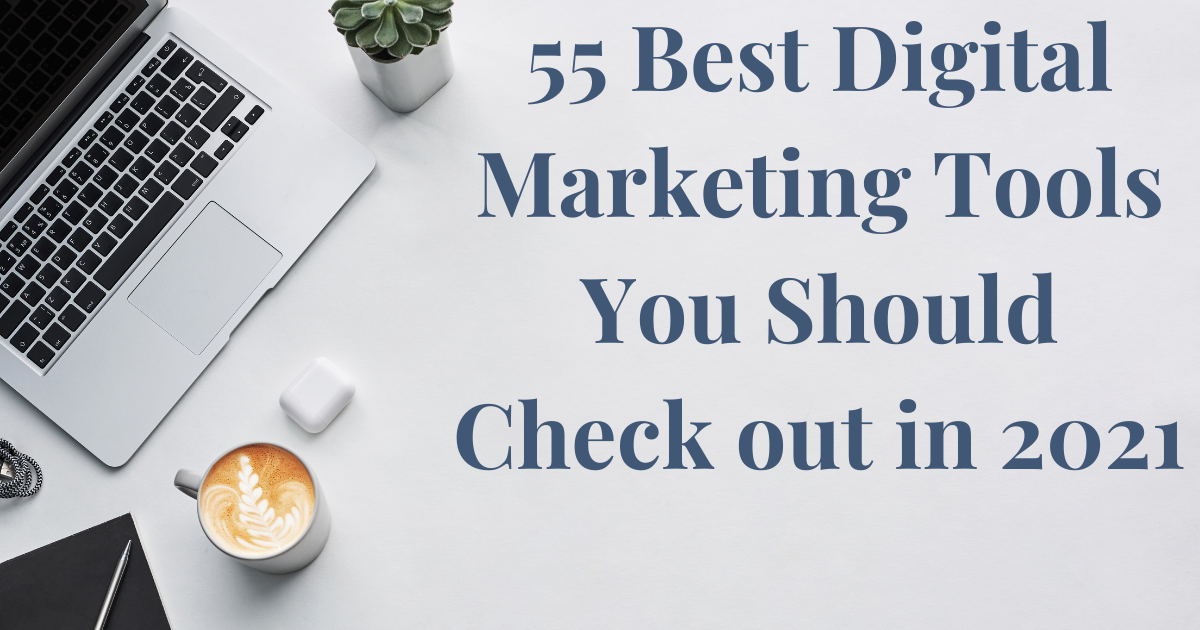Blog Categories – How To Get It Right In 2023
If you’re interested in writing a blog, you’re not the only one. In fact, you’ll be adding to the already more than 600 million blogs floating around on the internet. You need to stand out. Especially if you want to promote your brand or business with your blog and a content marketing strategy. The benefits of content marketing are amazing. In this article, we will discuss blog outline as well as blog categories – important if you want to write good blogs.
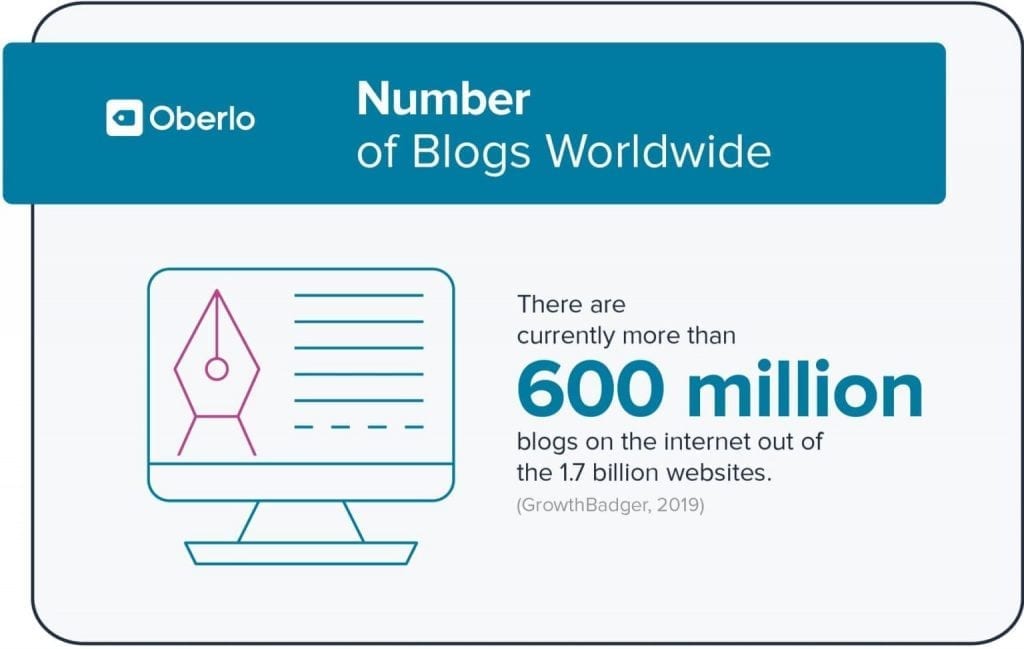
Once you’ve read our article, you will have a better understanding of how to create interesting blogs. You’ll also know how to go about writing something that people will actually want to engage with. A proper blog outline is often neglected and we want to help you avoid this mistake.
And don’t forget that quality is preferred over quantity. Instead of writing 20 mediocre blogs, rather create 8 to 10 brilliant blogs. You’ll reap many more rewards if your blogs are of the highest possible quality.
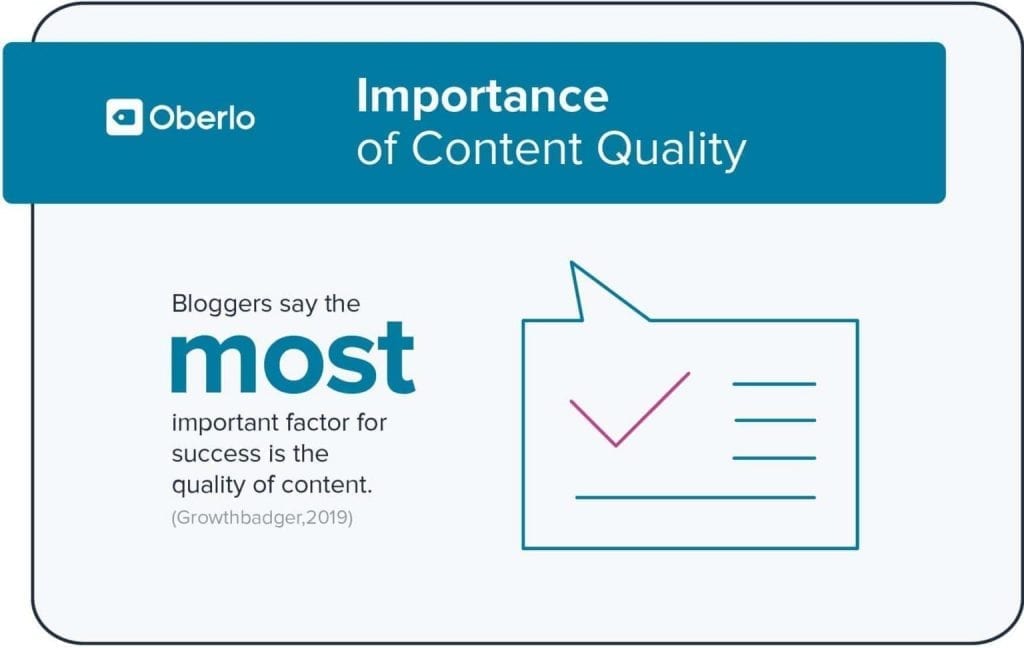
Let’s get right into the basics of getting blogging right in 2023 – a year when content marketing is still very relevant.
Blog Categories – The Importance Of Knowing What To Write
There are many different blog categories and the kind of blog you create will depend on what your goals are. Some of the categories crossover and intertwine with each other. Some blogs are even a combination of different types. What you choose is solely up to you.
We suggest that you focus on one type to prevent confusing your readers and followers. Give them something that will be consistent and they’ll love you for it.
Personal Blog
A personal blog is not only focused on one specific audience or topic. Instead, this kind of blogging sees writers share the things that interest them. It can be about their beliefs, politics, hobbies, daily life and so on. These blogs attract different people who have the same interests. In most cases, personal blogs are about sharing opinions, experience or knowledge with the world.
Personal Brand Blog
With this kind of blog, the focus is on the blogger, who is represented as a brand. Credibility is easier built with such a blog. The blogger will also establish him or herself as a thought-leader and someone with experience in their chosen niche. Often, these bloggers also offer their audience content that is downloadable, such as guides and e-books.
Personal brand bloggers are all about building relationships with their audience. It is a successful approach when strong call to actions are used. Blogs that have ads and rely on affiliate sales will have to attract many people. If they’re selling their own products they’ll also want to attract a wide audience.
Niche Blog
This is one of the most popular blog categories and it focuses on a specific topic. Some of them can be very specific, such as ‘flower arrangement at home’. Many times, you will find that these blogs are created by people who are passionate about their hobbies. Companies also often use blogs to create relationships and engagement with their audiences.
Popular topics for blogs include writing, food, animals, sports, business, news, finance, fitness, parenting, travel, fashion and DIY.
Niche blogs can be monitored to keep an eye on monetisation opportunities and audience analytics. However, for the best results, you should create a blog focused on a niche that isn’t over-saturated.
Affiliate Blog
These blogs are focused on products and are normally found in the form of tutorials and product reviews. People buy the products by clicking on the blog affiliate links.
It is vital for this kind of blog to use keywords well. Products that sell well are necessary for the success of this blog. Email lists are a good way to get product lists to potential customers.
Personal Services Blog
Services offered are the main focus when it comes to content in these blog categories. They are ideal for local services such as dog-walking, babysitting, lawn care and junk removal and so on.
In addition to promoting services, such blogs can also earn money with affiliate links or advertisements. To be successful, the owners of these blogs have to reach their audience.
Artist’s Blog
This is a very specific blog type and is all about promoting the work of an artist. It could focus on selling paintings, showing sculptures or promoting other skills such as photography and writing.
Musicians can also have their own blogs to share their talents with the world. The blogs normally show the artist’s work, share advice and tutorials and more. For absolute success, the blogger must create a following for their art. It doesn’t have to be a very big following, just a loyal one.

Case Study Blogs
Here you have a more experimental kind of blog that tries out new things to find out what is successful and what fails. They will try out different strategies, tools and techniques and then document the results. These results are shared with the audience to give them insights into their niches and industries.
You’ll find useful guides that are aimed at the audience shared by these bloggers. Of all the blog categories, this one is the least focused on the creator. It’s more about giving the audience quality information that they can use.
Corporate Blog
With this blog, the focus is on the business and its products or services. The aim is to promote traffic that will result in customers. The topics discussed by creators in these blog categories are selected to attract a specific audience.
The sales funnel is also an important driving force for these blogs. They want to get leads that will buy after visiting the blog. Email lists, enhanced landing pages, special offers and more are used when trying to attract the right audience.
Repair Services Blog
As with the personal services blog, the focus of repair services blogs is on…yes, the services offered. The kind of repair service that is on offer could vary from home repair to air cool repair etc. The goal here is to get hired for repairs.
By using keywords to rank high enough in search results to be noticed is very important for creators in these blog categories. If they’re not reaching their ideal audience, they’re wasting their time.
The Counter-Culture Blog
This kind of blog is perhaps the most controversial of all. It uses the ‘all attention is good attention’ approach. The aim is to stand out by being rather polarizing. The titles of posts can feel and look like clickbait.
To get this kind of blog right, you have to be careful and not be rude or dishonest. And your content should be interesting, if you rely on your headlines alone, you won’t be able to keep your audience hooked.
Guest Blogs
Normally, guest blogs are written by people who are experts in their chosen industry or niche. This is not the same as hiring writers to create content for your blog. Instead, you’re making use of someone with extensive knowledge who already has a loyal following.
Using guest blogs is great for promoting your own blog while providing content that isn’t something you’re necessarily familiar with. If you can get bloggers that will bring their audience to your content, this kind of blogging will be a success. But your blog needs to be good enough for the experts to want to be associated with.
Podcasts
Of all the blog categories, this one is usually the most entertaining. You can use audio or videos when creating podcasts – it depends on what you’re comfortable with. Often, these blogs will have a description of their podcasts, as well as a summary and transcript. Transcripts aren’t always necessary.
The kind of topics discussed in the podcasts is up to the creators. It can be about the latest news, movie discussions or history lessons.
Want to learn more about Podcasts? Check out our guide on How to start a Podcast.
There you have it – the most popular blog categories. There may be a few we missed, but these are the ones you’ll find most commonly.
Now that you have an idea of the kind of blog you want to create, let’s look at how you will be creating that blog.
Blog Outline – How To Create Something Awesome

The worst thing you can do is start blogging without having a clear plan. It can be frustrating to sit down and plan when you’ve got a million ideas on what you want to blog about. But that’s exactly why you need to plan. You’ll get lost if you don’t, so examine the blog outline we share here. Use it to create all your blogs and you’ll notice it makes your blogging more organised.
We will show you in steps how to create the perfect blog outline for the best results.
1. Main Header
Google ranking will most likely be important to you and it favours posts that have a clear hierarchy. Your blog needs to have subpoints that are nested inside your main points. You should have the first header – which is H1 – at the start of your blog. Make sure that your focused keywords are in your first header.
It is suggested that you also use your keywords in the H2 headers. But don’t just copy your H1 heading. Change the wording of your headers but keep your important keywords.
Ideally, you should have only one H2 in every post. It helps Google know what people will be reading when they view your post.
2. Subheaders
Your post’s main points should be in H3. If you can, have three of these in every post you create. It is recommended that you add your keywords to these headers as well if you can. But be careful. You do not want to stuff too many keywords into your post or it will feel spammy and unnatural. That kind of content will not entertain anyone and won’t be appreciated.
Consider numbering your subheaders – this gives you a better shot at being noticed positively by Google. You may want to get extra creative and be extra original with your subheaders but that is not recommended. Readers want to know exactly what’s going on in a post and unexpected or cryptic, they might not like it.
You should, however, add some colour to your subheaders. Depending on the topic and content you’re creating, this could mean anything. How you do this will be greatly affected by you and what you want to give your audience. We suggest that you get someone else to review them so you know your post’s direction is clear.
3. Intro Draft
It would be best that you have your blog outline mapped out before you start giving your post flesh. Once that is done, you can write the intro draft. With the intro, you want to tease your readers with what’s to come. It is a good idea to write a draft first because you don’t yet have a solid idea of everything you’ll be writing.
Don’t forget that your intro is one of the most important parts of your post. You need a strong start that will hook your readers. You want them to stick around for the whole thing, so getting your intro right is vital.
In theory, a good intro has a hook, a transition and a thesis. You can read more about writing stellar intros in this guide written by blog expert Neil Patel.
Here’s a quick look at some of the ideas he shared:
- Have a controversial opening – this will spark interest much more than a normal opening would.
- Focus on the reason why people want to read your content – give them the benefits of spending time on your blog.
- Give them a memorable story. People just love stories, it’s how we are wired.
- State the obvious. Getting your readers to nod along to your content will make them want to see what else you have to say.
- Use a simile, metaphor or analogy that will entertain your readers. This will help your audience feel a bit more connected to your content.
- Share a shocking statistic – people love statistics. It shows them the data behind what you’re telling them.
- Ask a thought-provoking question. The right question can leave readers burning to know the answer. And if you can give the answer they’ll want to know more.
These points are all great hooks and vital in your blog outline.
Now, you have to transition to the main part of your post. You will tell them what you’ll give them in the thesis. Here is where your ‘magic’ happens and you pour your passion into your content. Try your best to have everything flowing into each other neatly and in a sensible way.
Just take note that you don’t give everything away in your intro. You want people to keep reading, after all.
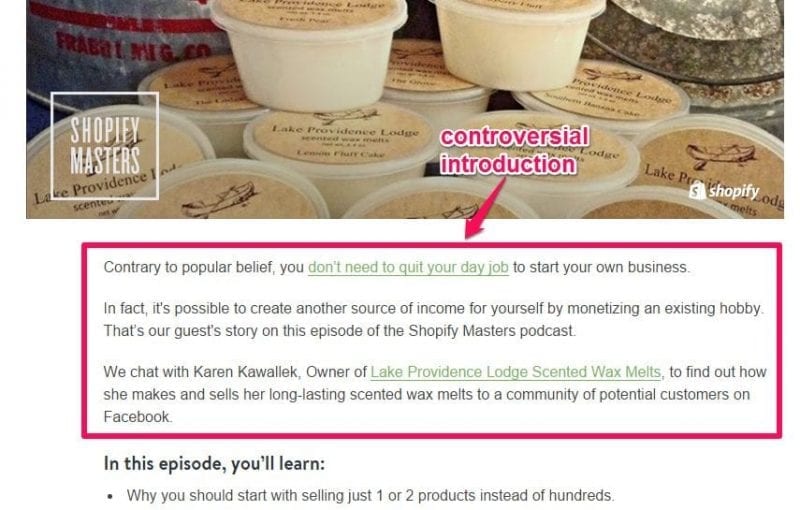
4. Conclusion
You want a strong conclusion that will leave a lasting impression with your readers. Often, the conclusion gets neglected because it’s the last part before you’re done and can click ‘Publish’.
We suggest that you recap everything you’ve shared with your readers. Write with enough enthusiasm that your readers are left feeling inspired to take action. You bring everything full circle in your conclusion and it is an important part of your blog outline.
As such, it should be planned as much as the rest of the post. Add a powerful call to action here – the benefits having it are impressive. Check out our guide on call to actions to learn more.
We also recommend that you use your keywords in the conclusion, if possible. That way you will remind your readers just why they’re reading your post in the first place.
Final Thoughts On Blog Categories And The Best Blog Outline
There really isn’t a ‘one-size-fits-all’ or perfect recipe for creating a successful blog. A lot of it depends on what you’re writing. You could have an amazing blog outline but content that doesn’t speak to your audience. Such a blog won’t succeed. You could be writing in all the right blog categories but still fail to get the leads you want.
In the end, you need a balance that is will have all the right elements for your specific niche and audience. We suggest that you practice a lot before you start publishing blogs. And spend time on the blogs of your competition and peers. See what is working for them and how their audience feels about the content they are creating.
Do lots of research and find out what your audience wants to engage with. Take note of what they want and then work that into the knowledge you’ve gained here. Use the advice we shared and bring it all together in interesting, engaging content.
One thing you don’t want to is to neglect your editing phase. You need to edit your blog until it is polished and shines with creativity.

If you feel like you need to learn more about content creation and content marketing, you should check out our blog. We can equip you with everything you need to nail this kind of marketing.


